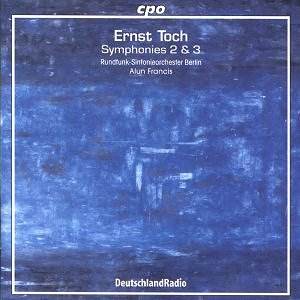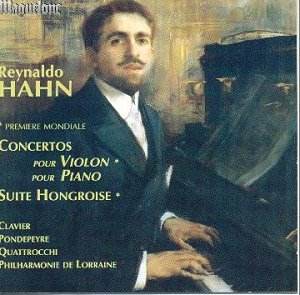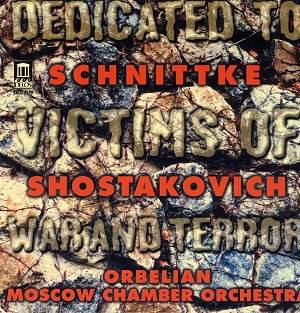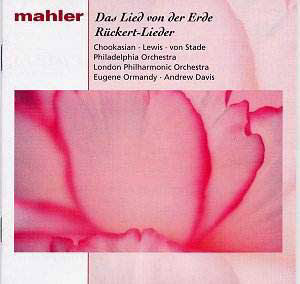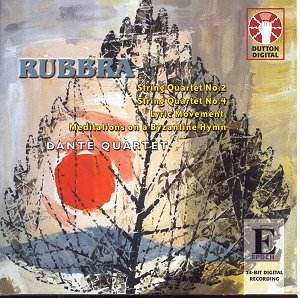 Composer: Edmund Rubbra
Composer: Edmund Rubbra
Works: String Quartet No. 2 in E flat major Op. 73 (1951), Lyric Movement for String Quartet and Piano Op. 24 (1929 rev. 1946), Meditations on a Byzantine Hymn ‘O Quando in Cruce’ for two violas Op. 117a (1962), String Quartet No. 4 Op. 150 (1977)
Performers: Dante Quartet, Michael Dussek (piano), Judith Busbridge (viola), Krysia Osostowicz (viola)
Recording: Recorded at Maltings Snape May 2001
Label: Dutton CDLX 7114
Edmund Rubbra’s string quartets, especially in the context of 20th-century British music, reveal a composer deeply engaged with the complexities of emotional and structural exploration. This latest release from Dutton, part of an ongoing series dedicated to Rubbra’s chamber works, showcases the Dante Quartet alongside pianist Michael Dussek, illuminating the often austere yet profoundly expressive nature of Rubbra’s music. The selection spans nearly three decades of his compositional evolution, from the youthful Lyric Movement to the introspective profundity of the Fourth Quartet.
The performance of String Quartet No. 2 in E flat major, Op. 73, demonstrates a remarkable interpretative depth. The Dante Quartet’s reading of this work reveals an acute sensitivity to Rubbra’s often slow, unfolding tempos, which can pose a challenge for interpreters accustomed to faster modern performances. The first movement’s architecture is particularly compelling in their hands, as they balance the work’s structural integrity with its inherent lyricism. Their tempo choices, notably at 8 minutes and 35 seconds for this movement, allow for a clarity of form that is often lost in more hurried accounts. The interplay of voices is handled with finesse, especially in the Scherzo polymetrico, where the ensemble navigates the intricate cross-rhythms with a precision that both honors the metronomic markings and breathes life into the piece.
Rubbra’s Lyric Movement for String Quartet and Piano, a premiere recording, is imbued with a pastoral quality reminiscent of the English landscape, yet it retains the composer’s characteristic harmonic complexity. Here, Dussek’s piano accompaniment provides a lush yet unobtrusive support to the strings, creating a tapestry of sound that invites the listener into an intimate dialogue. This work, while less frequently performed, benefits from the performers’ interpretative choices, making it resonate with both emotional depth and technical prowess.
The recording quality, produced at the Maltings Snape, presents a balanced soundscape that generally supports the intricate textures of Rubbra’s writing. However, certain climactic moments, particularly in the final movement of the Fourth Quartet, suffer from a harshness that detracts from the overall impact. The tremolandi scale passages in the viola and cello, meant to soar above the texture, are occasionally muddied, leaving the listener yearning for a more transparent sound at such critical junctures. This is a notable contrast to the recordings by the Sterling Quartet, which, while no longer available, have set a high benchmark in terms of both interpretation and acoustic clarity. The earlier ensemble’s approach yielded a more nuanced balance, particularly in climactic passages, which may leave some listeners preferring their interpretations.
Rubbra’s Meditations on a Byzantine Hymn further exemplifies his unique ability to interlace spirituality with musical narrative. The work, presented here in both its original version for solo viola and as a suite for two violas, showcases the composer’s adeptness at transforming a plainchant into a meditative exploration. The juxtaposition of the two versions offers a fascinating glimpse into Rubbra’s compositional process, revealing how he intricately weaves counterpoint and embellishment into the fabric of the melody, an aspect that is keenly observed in the performance.
This disc represents a significant contribution to Rubbra’s recorded legacy and is a testament to the dedication of the performers, who have immersed themselves in the composer’s often challenging language. While there are moments where recording quality hampers the experience, the interpretative insights provided by the Dante Quartet and their ensemble are illuminating. The ongoing exploration of Rubbra’s chamber works is crucial, and this release stands as a strong affirmation of his place within the pantheon of British composers. The level of understanding and commitment displayed here makes this recording a worthwhile addition to the repertoire for those seeking to engage with Rubbra’s sophisticated and richly textured music.
